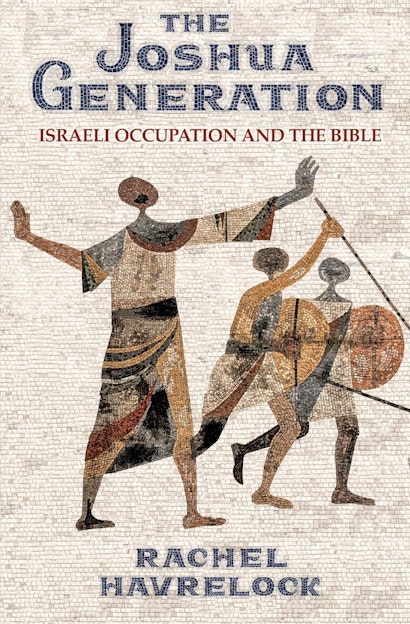New Biblical Readings: Conversations on New Scripture-centered Books
The Joshua Generation: Israeli Occupation and the Bible
How did David Ben-Gurion’s Bible circle contribute to normalizing the occupation? And how did Jews in secularized Germany go from being bad interpreters of the Bible to bad readers of poetry?
The conversation series “New Biblical Readings” will be devoted to in-depth discussions of new books centered on the Bible in modern times. Through conversations between the authors and fellow researchers we will explore different moments of the Bible’s acceptance as a modern book, and understand how its extraction from traditional reading contexts and integration in new contexts impacted not only the reality in which it was read but also the meaning of the text itself. In discussions combining religion, nationalism and hermeneutics, the books present different ways in which the Bible became a constitutive text of new political, intellectual, and aesthetic structures, whose overt and covert impact has shaped the world we live in.
Participants
Dr. Yosefa Raz
Dr. Rachel Havrelock
About the Book
No biblical text has been more central to the politics of modern Israel than the book of Joshua. Named after a military leader who became the successor to Moses, it depicts the march of the ancient Israelites into Canaan, describing how they subjugated and massacred the indigenous peoples. The Joshua Generation examines the book’s centrality to the Israeli occupation today, revealing why nationalist longing and social reality are tragically out of sync in the Promised Land.
Though the book of Joshua was largely ignored and reviled by diaspora Jews, the leaders of modern Israel have invoked it to promote national cohesion. Critics of occupation, meanwhile, have denounced it as a book that celebrates genocide. Rachel Havrelock looks at the composition of Joshua, showing how it reflected the fractious nature of ancient Israelite society and a desire to unify the populace under a strong monarchy. She describes how David Ben-Gurion, Israel’s first prime minister, convened a study group at his home in the late 1950s, where generals, politicians, and professors reformulated the story of Israel’s founding in the language of Joshua. Havrelock traces how Ben-Gurion used a brutal tale of conquest to unite an immigrant population of Jews of different ethnicities and backgrounds, casting modern Israelis and Palestinians as latter-day Israelites and Canaanites.
Providing an alternative reading of Joshua, The Joshua Generation finds evidence of a decentralized society composed of tribes, clans, and woman-run households, one with relevance to today when diverse peoples share the dwindling resources of a scarred land.
Rachel Havrelock is associate professor of English at the University of Illinois at Chicago. She is the author of River Jordan: The Mythology of a Dividing Line and the coauthor of Women on the Biblical Road: Ruth, Naomi, and the Female Journey. She lives in Chicago. Twitter @RachelHavrelock
